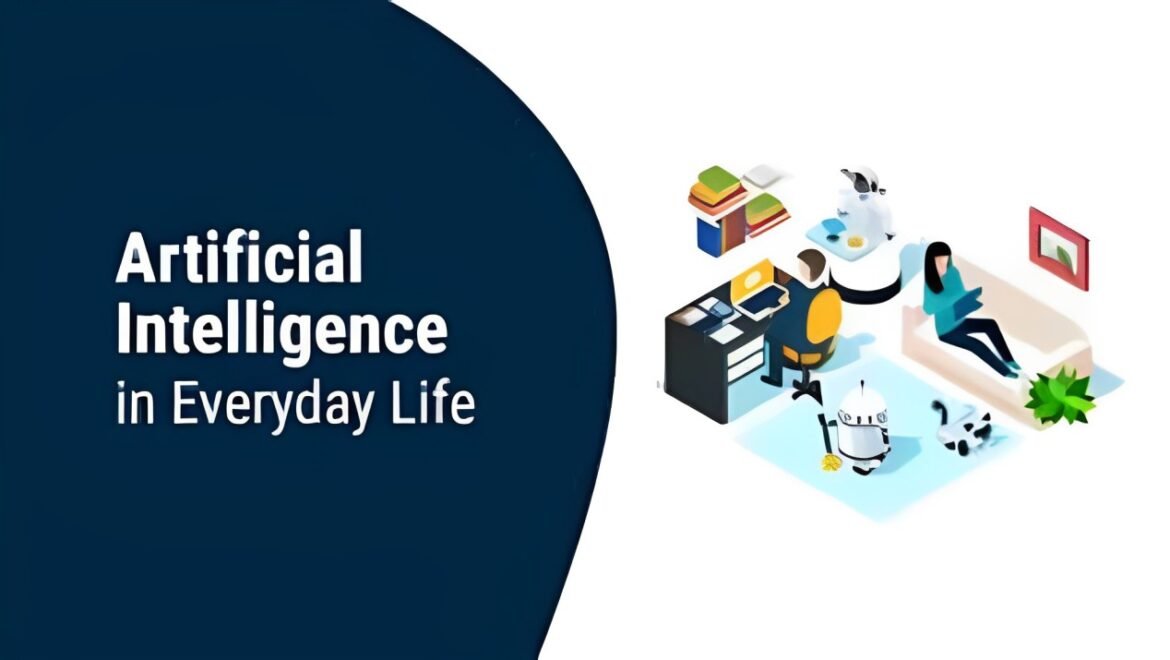
Human resources(HR) is embrace the desegregation of Artificial Intelligence(AI) and analytics to enhance gift management and ameliorate the employee go through. By leverage AI-driven insights and mechanization, HR professionals can optimise recruitment, preparation, performance management, and employee engagement. This mighty combination is reshaping the futurity of HR, enabling organizations to pull, retain, and develop top talent in an more and more aggressive job commercialise. Automations in Australia.
One of the most considerable applications of AI and analytics in HR is in recruitment and natural endowment skill. Traditional recruitment processes can be time-consuming and prostrate to bias, leading to suboptimal hiring decisions. AI-powered analytics can analyze prospect data, such as resumes, mixer media profiles, and question performance, to place the best-fit candidates for a particular role. For example, AI-driven tools can screen resumes and rank candidates supported on their qualifications, undergo, and appreciation fit, allowing recruiters to focalize on the most promising candidates. Additionally, AI can help tighten bias in the hiring process by evaluating candidates supported on objective lens criteria rather than subjective opinions.
AI and analytics integrating is also enhancing employee training and . By analyzing data on performance, skills, and career goals, AI can urge personal grooming programs that align with somebody needs and structure objectives. For example, AI-driven analytics can identify skills gaps in the hands and advocate targeted preparation programs to address those gaps. Additionally, AI can supply real-time feedback on employee performance, allowing employees to unceasingly ameliorate their skills and achieve their goals.
In summation to rising recruitment and training, AI and analytics integration is also optimizing performance management in HR. Traditional performance management systems often rely on annual reviews, which may not ply apropos or precise feedback. AI-powered analytics can analyse data from various sources, such as employee surveys, public presentation metrics, and sociable media natural process, to provide real-time insights into employee public presentation and participation. This allows HR professionals to place high-performing employees, address performance issues early on, and train more operational public presentation management strategies.
AI and analytics integration is also playacting a crucial role in enhancing engagement and retentivity. By analyzing data on employee gratification, engagement, and turnover, AI can identify trends and patterns that may indicate potential issues. For example, AI-driven analytics can place factors that contribute to overturn, such as workload, work-life balance, or lack of development opportunities. HR professionals can then take proactive measures to turn to these issues, such as implementing wellness programs, offer elastic work arrangements, or providing opportunities.
While the benefits of AI and analytics integrating in HR are significant, there are also challenges to consider. Data privacy and surety are indispensable concerns, as HR data is often spiritualist and private. Organizations must see that their AI systems are obvious, interpretable, and lamblike with data protection regulations. Additionally, the adoption of AI and analytics requires investment in engineering and adept personnel, which may be a barrier for some organizations.
In ending, the integration of AI and analytics is transforming HR by enhancing endowment management, up public presentation direction, and accretionary involution. As AI and analytics carry on to throw out, they will unlock new opportunities for HR professionals to pull, keep back, and prepare top gift, finally driving organisational succeeder.
